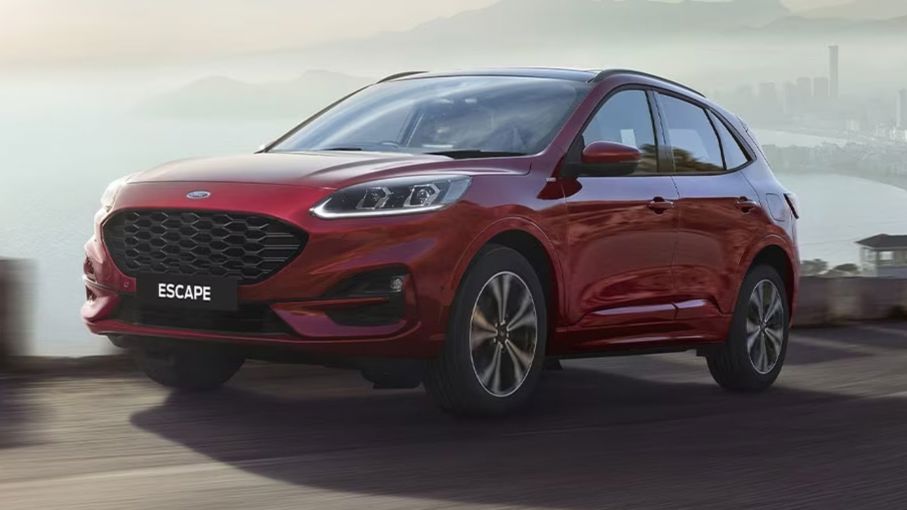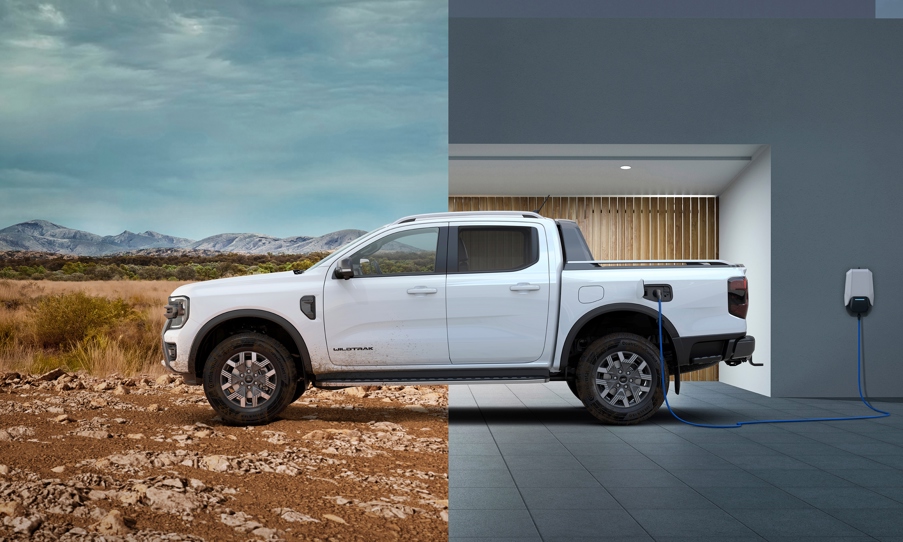Ford has announced a slowdown in its electric vehicle (EV) production, favouring the development of more hybrids amidst decelerating EV sales.
This move mirrors a broader industry trend, with automotive giants like Mercedes-Benz and Jaguar Land Rover also postponing their electric ambitions, signalling a recalibration of the industry's EV transition.
Hybrid shift

Ford's decision to delay the launch of at least two new electric models and increase its focus on hybrid vehicles comes as the latest indication of the auto industry grappling with the practical challenges of transitioning to electric.
The shift is driven by the struggle to manufacture and sell electric cars profitably and the realisation that the market for high-priced EVs is not as vast as previously anticipated.
Speaking to the New York Times, Sam Abuelsamid, principal analyst at Guidehouse Insights, explained: "Many companies rushed in too fast with EVsthat were too expensive, and there was not as much of a market for them as they thought."
This market miscalculation has made it increasingly difficult to sell these vehicles, especially as companies are still figuring out how to reduce production costs.
Consumer hesitation
The lukewarm response from consumers towards electric models is partly attributed to charging infrastructure concerns and the convenience of hybrid vehicles.
Hybrids, offering a bridge between conventional and fully electric vehicles, are emerging as the preferred choice for many. They provide superior fuel economy at a marginally higher cost than their gasoline counterparts and do not require the lifestyle adjustments associated with EV ownership.
Ford's electric future

Amid these market dynamics, Ford aims to offer a hybrid variant for every model in its lineup by the end of the decade.
The announcement aligns with the introduction of hybrid versions of its popular models like the Maverick, F-150, and Escape crossover. In New Zealand, Ford currently sells the all-electric Mustang Mach-E and hybrid versions of the Escape and Puma. It also plants to introduce a plug-in hybrid (PHEV) version of the Ranger.
However, Ford is not abandoning its electric dreams entirely but adjusting its timelines and strategies.
The production of a new electric SUV in Oakville, Ontario, is now slated for 2027, a delay of two years, while an electric ute in Tennessee is postponed to 2026.
Ford's CEO, Jim Farley, emphasised the company's commitment to building a profitable EV business, stating, "We are committed to scaling a profitable EV business, using capital wisely and bringing to market the right gas, hybrid, and fully electric vehicles at the right time."
As the market continues to evolve, automakers like Ford are navigating the delicate balance between advancing electric mobility and meeting immediate consumer preferences and profitability targets.




